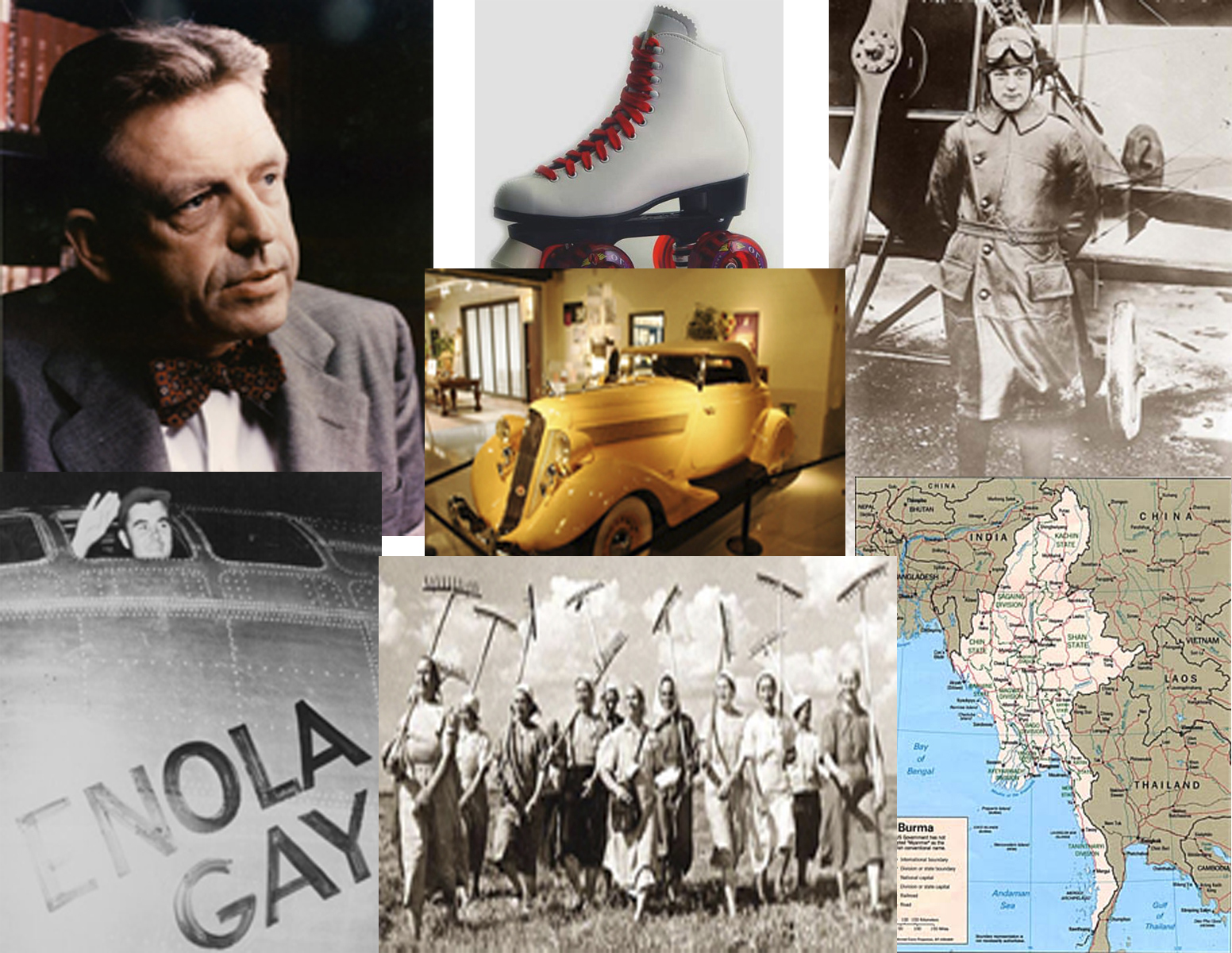Search Results
1980. Autobiography: Robert C. Wiles, 1976 1 Interview
Indiana University Center for Documentary Research and Practice
This project consists of one interview with Robert C. Wiles, who discusses his life and experiences, especially with regard to the community in Bloomington, Indiana. He shares his memories of his military experiences prior to World War I, his educational experiences at Indiana University, and his work experiences at his family's drug store. In addition, he speaks of the character and quality of life in the first third of the twentieth century.
1981. Autobiography: Raymond Seifert, 1978 1 Interview
Indiana University Center for Documentary Research and Practice
Raymond Seifert, born January 1, 1920 and died September 17, 1996, discusses his experiences in World War II. He also touches upon his opinions of war in general.
1982. Autobiography: Mary M. Barr-Koon, 1984 1 Interview
Indiana University Center for Documentary Research and Practice.
Mary Margaret H. Barr-Koon talks about her experience as a woman in academia and the issue of bilingualism in schools. She talks extensively about her travels around the world and the experiences she encountered acting as an interpreter. During the interview she talks about her relationship with her family and her husband's children.
1983. Autobiography: John M. Cooper, 1978 1 Interview
Indiana University Center for Documentary Research and Practice
John M. Cooper, a professor of physical education at Indiana University, discusses his life-long love of basketball, its history, its development over the years, and his time as a player and coach of the sport. He also talks about his current interests in kinesiology and biomechanics.
1984. Autobiography: Hobert Billingsley, 1980 1 Interview
Indiana University Center for the Center for Documentary Research and Practice
Hobert Billingsley shares his life experiences. He discusses his childhood, education, and work experiences. He discusses his passion for diving and recalls those people and places which have made an impact on his life.
1985. Autobiography: Ernest D. Butler, 1979 1 Interview
Indiana University Center for Documentary Research and Practice
Ernest D. Butler discusses his career and his involvement in the civil rights movement in Indiana.
1986. Autobiography: Edward O. Craft, 1978 1 Interview
Indiana University Center for Documentary Research and Practice
Edward O. Craft, former senior legislative counsel to the House of Representatives, recounts his early life, education, work in Washington, DC, and his retirement into private practice as a partner in the law firm of Wickham, Craft & Cihlar.
1987. AURA - Association of Universities for Research in Astronomy, Incorporated, 1983-1984 4 Interviews
Indiana University Center for Documentary Research and Practice
These interviews discuss the construction of the Kitt Peak Observatory in Arizona and the negotiations that took place with the Papagos Indian Tribe in order to obtain the lease of the land. The issues of mineral rights and university and community relations are discussed in these interviews.
Arthur, Thomas H.

